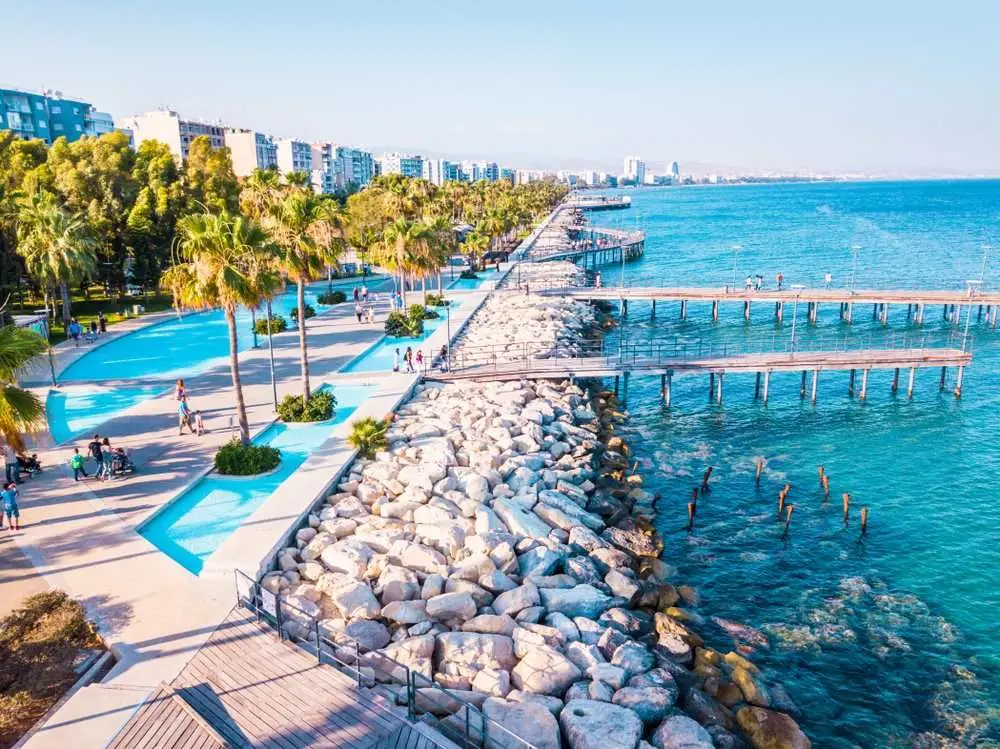Mediterranean jurisdiction is not just a country with a rich history, mild climate, and sea breeze, but a state that offers not only comfortable living but also full integration into the European community. Therefore, the question of how to obtain Greek citizenship in 2025 is more relevant than ever. Especially against the backdrop of a stable economy, a reliable legal system, and a growing interest in the Greek passport.
But becoming a resident does not simply mean submitting an application. It is a whole system of requirements, deadlines, grounds, and legal procedures. Some ways are open to everyone, while others are available only in exceptional cases. Understanding the logic, order, and nuances makes the process seem less daunting.

How to obtain Greek citizenship: key paths in 2025
Currently, there are several legal ways to acquire Greek citizenship, each regulated by specific conditions. The choice depends on origin, place of birth, family circumstances, length of residence, and degree of involvement in Greek society. Below are the ways through which citizenship can be obtained:
- by naturalization — the most common option for those who have been living in the country legally for at least 7 years;
- through marriage — possible when officially married to a resident and living together for at least 3 years;
- by birth — relevant for children born in the country to parents with residence permits;
- by repatriation — suitable for those with Greek roots who can provide documentary evidence;
- through investments — an indirect method involving participation in the economy and long-term residence;
- for special merits — available only in exceptional cases at the state’s initiative.
Each path has its nuances, but the essence is the same: you must either be born with the right to a passport or earn it through years, actions, or heritage.
Citizenship by naturalization: a stable and accessible option
If you are exploring how to obtain Greek citizenship by naturalization, it remains the most common and regulated legal route. In 2025, this is possible after 7 years of continuous legal residence in the country. The applicant must prove their integration: learn the language, pay taxes, abide by laws, and participate in society.
The key stage is the exam (a written test covering language, history, Constitution, and state structure knowledge). Income, source of funds, housing, and absence of offenses are also considered.
Greek citizenship through marriage: simplification with family ties
If you are officially married to a resident, you have the right to apply after 3 years of living together. Evidence of actual cohabitation, shared property, and preferably children must be provided.
Citizenship through marriage is not automatically guaranteed. It is granted only in genuine relationships, not of a formal nature. Scrutiny is thorough, especially in cases of suspected sham marriages.
Greek citizenship by birth and repatriation
If a child is born in the country to foreign parents, they can obtain Greek residency if at least one parent has legally resided in the country for at least five years.
A separate case is repatriation, where a person proves their direct descent from Greeks. In this case, the procedure is significantly simplified: no lengthy residence or exams are required, but documentary proof of ancestry is necessary. In the matter of how to obtain Greek citizenship, repatriation is one of the most direct and fastest methods with confirmed roots.
Through investments and merits: exceptions, not the rule
Despite popular belief, Greek citizenship for investments is not granted directly. The “Golden Visa” allows obtaining a residence permit when purchasing real estate worth €250,000, but to obtain a passport through this route, full naturalization is required.
Another option is Greek citizenship for special merits. It is extremely rare and possible only through state initiative (significant contributions to science, sports, culture, or strategically important sectors).
What documents will be required?
The document package depends on the basis for the application. To understand how to obtain Greek citizenship, it is important to start with the basic set of documents requested when submitting the application. Let’s consider the key documents without which the process would be impossible:
- valid passport;
- birth certificate;
- proof of legal residence (residence permit, permanent residence permit, registration);
- certificate of no criminal record;
- proof of income or employment;
- marriage certificate (if applicable);
- ancestry documents (in the case of repatriation).
Documents must be translated into Greek, notarized, and submitted in the required format. The speed of case consideration directly depends on the correctness of document preparation.
Becoming a Greek citizen: timelines, exams, and possible rejections
After submitting the application, depending on the basis, the process can take from 6 months to 2 years. It all depends on the system’s workload, the completeness of the package, and the need for additional checks.
In the case of naturalization, a mandatory stage is the exam. A personal interview may also be conducted. It is important to clarify in advance whether dual citizenship is allowed to avoid legal conflicts between countries.
Citizenship may be rejected if there are outstanding convictions, false information provided, document forgery, sham marriages, or debts to the state. Therefore, when figuring out how to obtain Greek citizenship, it is important to consider not only the requirements but also the reasons for possible application rejection.
Financial expenses
Obtaining citizenship requires payment of an administrative fee, legal services (if using a representative), as well as expenses for document preparation and translation. Below are the main expense items to consider in advance:
- government fee for application submission;
- document translation and notarization;
- legal support or consultations;
- issuance of certificates, apostilles, notarial actions;
- possible expenses for exam preparation.
Total expenses are rarely below €1000 when self-processing and can reach €3000–5000 when involving lawyers or brokers.

How to obtain Greek citizenship without getting lost in the details
So, how to obtain Greek citizenship in 2025? Choose the basis that suits your situation: naturalization, marriage, descent, merits. Prepare the documents, learn the language, prove your connection to the state, and meet the requirements.
The Greek passport is not just a document but the result of a systematic approach and patience. Acting without haste, respecting the rules, the path to citizenship will not be a trial but a natural continuation of your life in the country.
 en
en  de
de  ar
ar  es
es  nl
nl  hi
hi  fr
fr  it
it  pt
pt  el
el 









